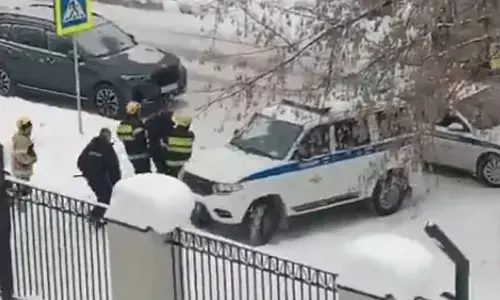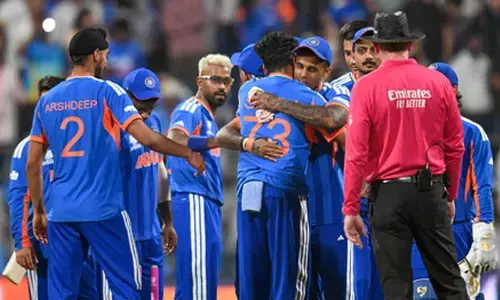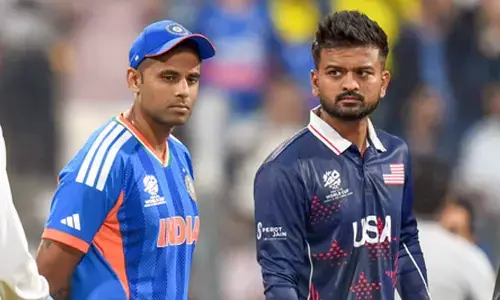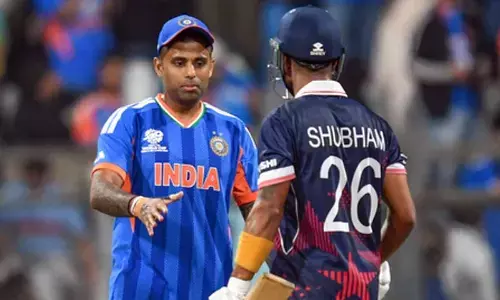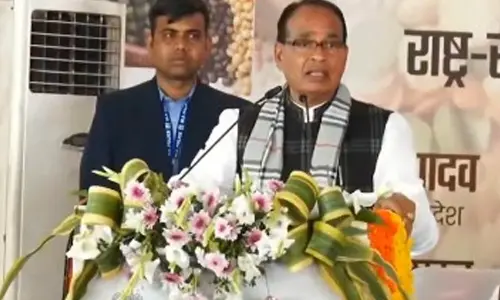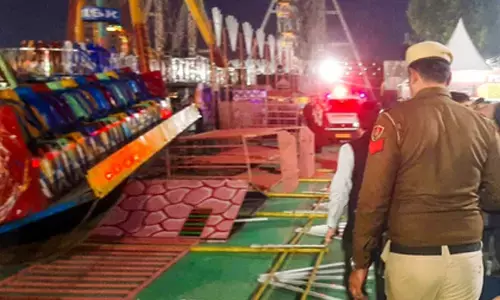PM Grants Armed Forces Full Operational Freedom After Pahalgam Terror Attack
PM Modi grants armed forces full freedom to respond to Pahalgam terror attack that killed 26; India blames Pakistan, ramps up diplomatic pressure.
In the wake of the deadly terror attack in Jammu and Kashmir’s Pahalgam that claimed 26 civilian lives, Prime Minister Narendra Modi has authorized the Indian armed forces to respond with "full operational freedom," senior government sources confirmed on Tuesday evening.
The directive allows the military to determine the nature, targets, and timing of any retaliatory action. The move comes just ahead of a scheduled meeting of the Cabinet Committee on Security (CCS), the nation’s top decision-making body on security matters, set to convene for the second time in a week.
The April 22 attack has been claimed by The Resistance Front, a proxy of the banned Pakistan-based terror outfit Lashkar-e-Taiba. Intelligence inputs and early evidence reportedly point to Pakistan’s involvement, prompting a sharp escalation in diplomatic and military posturing.
According to sources, the Prime Minister conveyed his message during a high-level meeting attended by Defence Minister Rajnath Singh, National Security Advisor Ajit Doval, and Chief of Defence Staff General Anil Chauhan. "It is our national resolve to deliver a crushing blow to terrorism," the Prime Minister was quoted as saying, reaffirming his confidence in the armed forces.
Later, Home Minister Amit Shah and Rashtriya Swayamsevak Sangh chief Mohan Bhagwat were seen at the Prime Minister's residence, signaling the gravity of the security situation.
The Pahalgam incident is the deadliest terror strike on Indian soil since the 2019 Pulwama attack. That event had prompted India to launch precision air strikes on Jaish-e-Mohammed camps in Balakot, Pakistan — an operation supported by intelligence indicating direct coordination with the Pakistani military.
Rising Diplomatic Tensions
In response to the latest attack, India has intensified diplomatic pressure on Islamabad. Briefings have been conducted for envoys from the United States, Russia, China, Japan, and several European nations, sharing intelligence and evidence linking the perpetrators to Pakistan.
Among the immediate measures taken, New Delhi has revoked all visas issued to Pakistani nationals, excluding minorities such as Pakistani Hindus and long-term visa holders. Thousands of Pakistanis have since exited India, with border points like Attari-Wagah witnessing significant departures.
Home Minister Amit Shah has directed state governments to identify and expel Pakistani nationals residing in India under expired or revoked visas.
In a major diplomatic escalation, India has also suspended the Indus Waters Treaty, a decades-old bilateral agreement that governs water sharing between the two countries. Islamabad has condemned the move as "an act of war" and responded by canceling all visas for Indian nationals and suspending other key agreements, including the Simla Accord.
War Rhetoric Intensifies
Pakistani Defense Minister Khawaja Muhammad Asif, speaking to local media, warned of heightened tensions and described the coming days as "critical." Meanwhile, India has banned 16 Pakistan-based YouTube channels and issued warnings to media outlets, including the BBC, over coverage deemed to promote misinformation.
PM’s Vow: “Will Break the Back of Terror”
In his first public response to the Pahalgam killings, Prime Minister Modi delivered a stern message aimed at both domestic and international audiences. “The time has come to raze what remains of the terror havens. The will of 140 crore Indians will break the back of the terror masterminds,” he said, a remark widely interpreted as a direct warning to Pakistan.
He added that India would pursue all those responsible for the attack — not only the perpetrators on the ground but also those who planned and facilitated the massacre.
The situation remains fluid, with further action — both military and diplomatic — expected in the coming days as India weighs its next steps.








